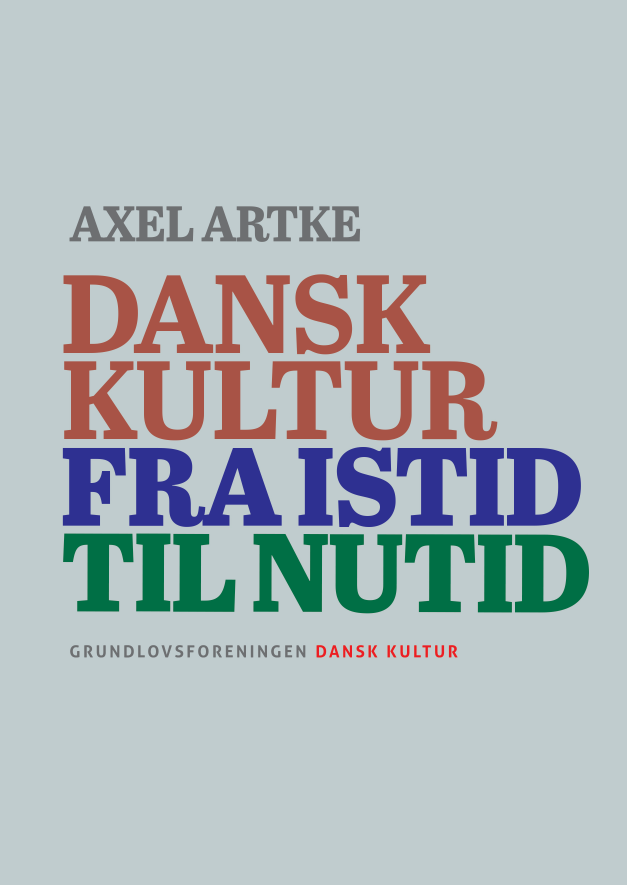Alle advarselslamper blinker rødt
Nationaløkonomen Timo Sanadaji forklarer, hvorfor snakken om Sveriges gode økonomi er bluff. Kommunerne er på spanden, og BNP pr. capita er kun vokset med promiller siden Reinfeldt trådte til i 2006. Sverige har den dårligste tilvækst i hele Europa. Kommuner og private husholdninger er rekordhøjt belånte.
Sverige var verdens 4 rigeste land i 1970, i dag er det nummer 15-19, afhængig af, hvor mange fjerne oliestater, man tæller med. Det er stadig et rigt land, men rigdommen er for permanent nedadgående. Endnu større velfærdsnedskæringer venter allerede de nærmeste to år, hvilket ikke mindst pensionister mærker: Svenska pensionärer är fattigast i Norden.
Man kan forestille sig financieringsproblemer tilsat etnisk-religiøse stridigheder, er en giftig, voldelig cocktail. Når et flertal af svenskere opdager, hvilken hasard der er spillet med dem, bliver det begrænset sjovt at være svensk politiker. Med lidt uheld opdager de det inden for de næste ti år. Da kan ALT ske i Sverige.
Lydkvaliteten er ikke den bedste, men det er vigtige sager. Samtalen bygger på Sanandajis nye bog Tio tusen miljarder – lånekalas i folkhemmet.
Christopher Caldwell: Swedish Message
More than any other Western land, Sweden has allowed immigration to escape its control. In much of Europe there is talk about how, if migration isn’t slowed down, this or that country will lose its traditional culture. In Sweden, it is too late to do anything about that.”
Christopher Caldwell har skrevet gode bøger og artikler om Europa længe før de fleste andre. Også i denne om Sverigedemokraternes og det svenske valg, er han grundigt inde i sit emnes detaljer. Han har befundet sig i Malmø under valget. Man kan se af det ovenfor citerede, at han ligesom jeg mener, at tidspunktet til at redde et overvejende svensk Sverige for eftertiden, nu er forpasset. Jeg har plukket nogle godbidder.
Its experience started with labor migration from Yugoslavia in the 1960s, but that was mostly temporary. The country always had a crusading humanitarian side….. But after the anti-American Olof Palme took over the Social Democratic party in the late 1960s, Sweden lost the habit of saying no.
It accepted Somalis and Bosnians in the 1990s and Iraqis and Afghans in the new century, along with any family members who cared to join them. After the turn of the century, a steady 110,000 people were coming year-in, year-out. This was an increase of well over 1 percent a year. Over time such a migration will change a country at its core.
Now Sweden is in a situation that no modern country in the West has ever found itself in. If the United States considered itself overburdened at 13 or 14 percent foreign-born, so desperately overburdened that it would turn to Donald Trump for leadership, how can we expect tiny Sweden, a rustic monoculture until the day before yesterday, to behave, now that it has a foreign-born population of almost 19 percent?
In much of Europe there is talk about how, if migration isn’t slowed down, this or that country will lose its traditional culture. In Sweden, it is too late to do anything about that. Sweden’s Muslim population is now 8.1 percent.
Swedish conformism is a mighty, mighty force. The late sociologist Åke Daun used to say that Swedes “like being like each other.” That Swedes are so alert to, and influenced by, their neighbors’ feelings is perhaps a legacy of Lutheranism, or of living at a latitude where, in the winter, it is dark round the clock and dangerously cold all the time. Swedes themselves are fascinated by this conformism, and find much in it to be proud of—it can be easier, for instance, to be a free-thinking individual if you’re in the bosom of a loving community. But it is also true that Swedes can turn politically like a school of fish or a swarm of bees. That is how you can have one party at the top for more than a century.
Nowhere is groupthink more prevalent than among journalists. In a country with a nine-party system, 41 percent of journalists vote for the tiny Green party. Over the summer, the Stockholm press corps seemed sure that the hot summer, doubtless brought on by global warming, and the forest fires that raged in its wake would guarantee a huge election result for the Greens. Instead, the party’s vote plummeted—it barely reached the 4 percent threshold, below which it would have fallen out of the Riksdag (Sweden’s parliament) altogether.
The most extraordinary attempt to rattle the familiar debate over immigration came from a young economic researcher, Tino Sanandaji. An immigrant himself, born in Iran to Kurdish parents, Sanandaji sought in 2016 to make a cost-benefit analysis of migration to Sweden. The title of his book, Mass Challenge, was a bit of a gag—it referred to Swedes’ tendency to cast any negative outcome not as a “problem” but as a “challenge.”
So the stage was set for the election of 2018 to be a referendum on Swedish migration policy. There seemed to be only two propositions on the ballot: Our migration policy has been a mistake and ought to be changed. – Our migration policy has been a mistake, but what the heck.
The Weekly Standard: Swedish Message










